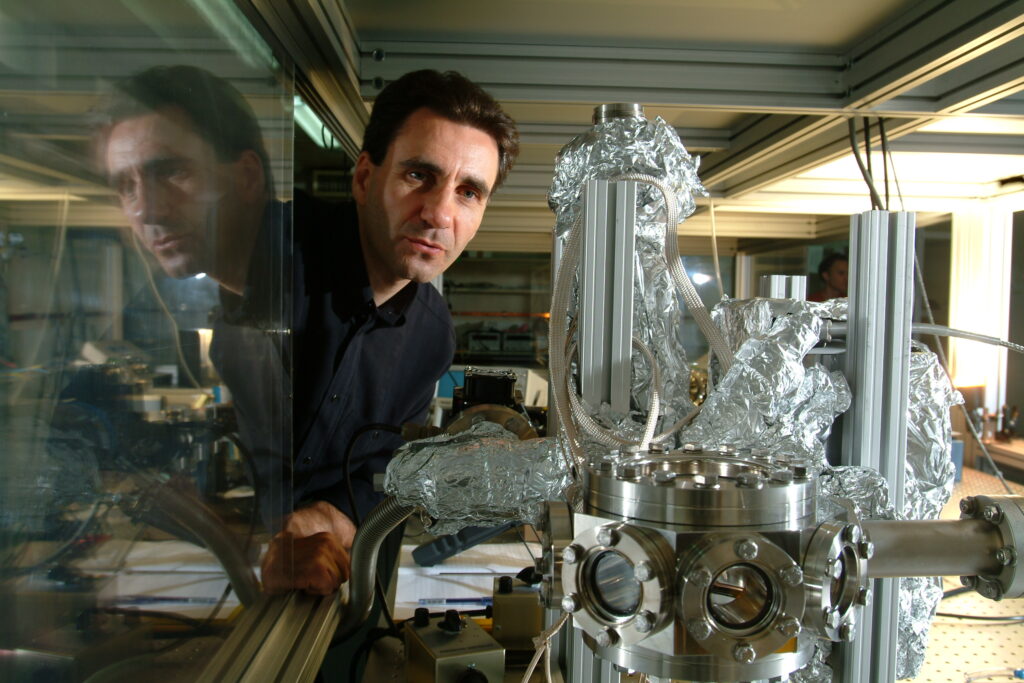
Decades of Scientific Theory Potentially Disproven by BGU Study
Decades of Scientific Theory Potentially Disproven by BGU Study
March 30, 2021
The Jerusalem Post — Higher background radiation levels lead to lower levels of some cancers and may extend life expectancy, according to a new study by BGU and Nuclear Research Center Negev (NRCN) published in the Biogerontology Journal earlier this year.

Scientist dosimetrist (radiation supervisor) in protective clothing and gas mask checks the level of radioactive radiation in the danger zone
The higher radiation levels were linked to lower levels of lung, pancreatic and colon cancers in both men and women and lower rates of brain and bladder cancers in men. People living in areas with with relatively high background radiation had a life expectancy about 2.5 years longer than those living in areas with relatively low levels.
“Decades of scientific theory are potentially being disproven by the remarkable researchers at BGU,” says Doug Seserman, chief executive officer, American Associates, Ben-Gurion University of the Negev. “These findings might even provide a sense of relief for those who reside in areas in the U.S. with higher than average background radiation.”
The researchers stressed that hundreds of billions of dollars are spent each year to maintain extremely low radiation levels based on the LNT paradigm which their findings indicate may not be necessary. They suggested setting a threshold level, instead of operating on the assumption that any amount of radiation is bad.



